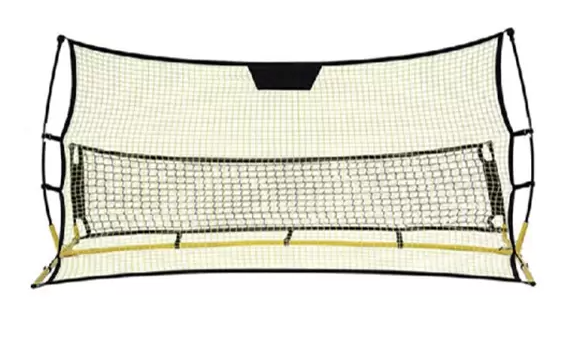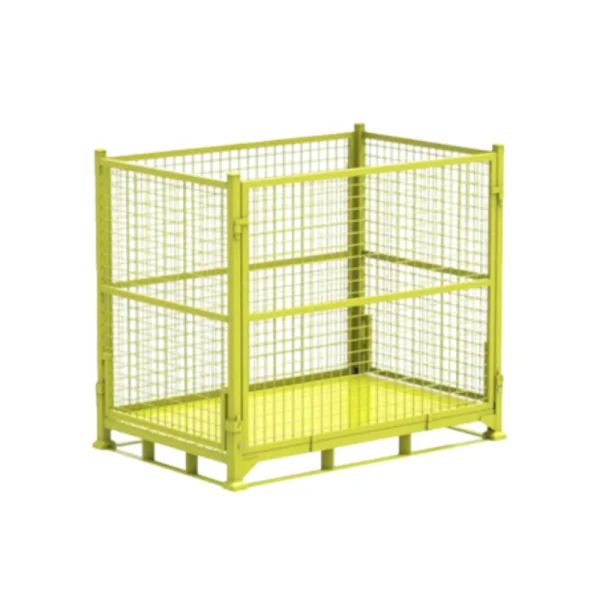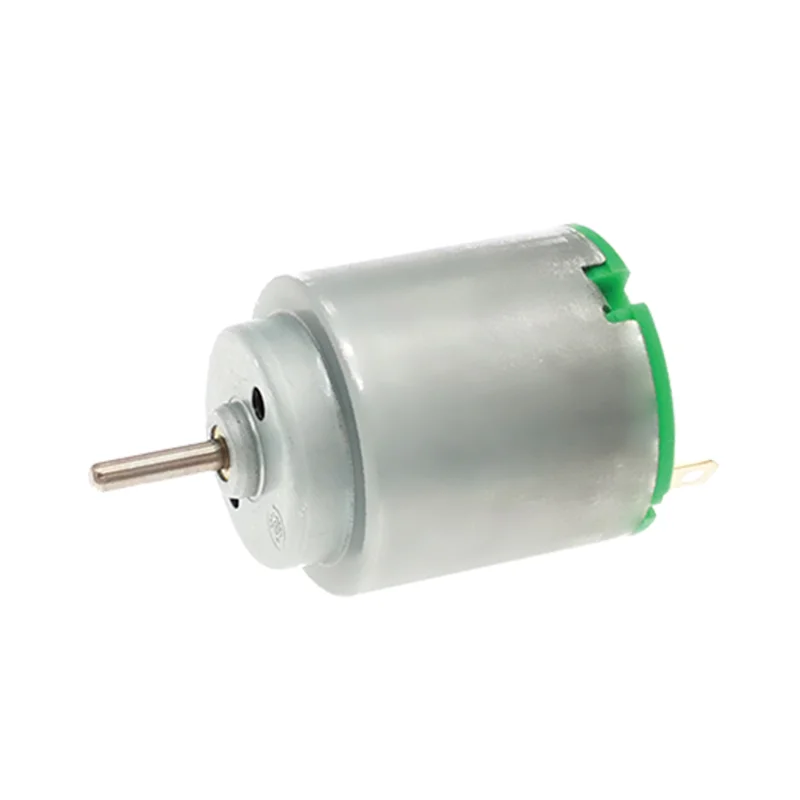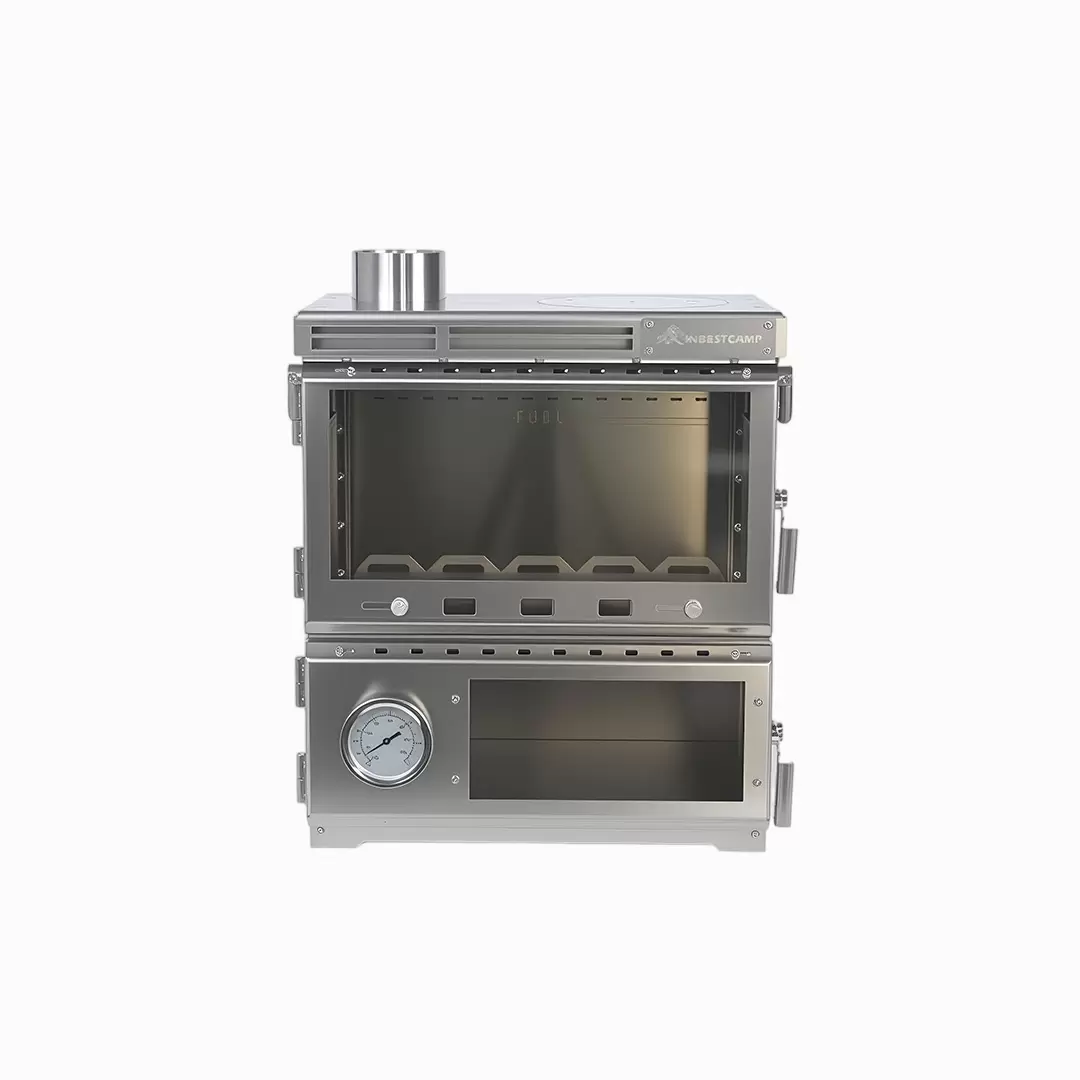In the realm of industrial maintenance, two key roles play a vital part in ensuring the smooth operation of machinery and equipment: maintenance technicians and maintenance mechanics. While these terms are often used interchangeably, there are subtle yet significant differences between the two. In this blog post, we will delve into the unique skill sets, responsibilities, and career prospects of maintenance technicians and maintenance mechanics, shedding light on their respective roles in various industries.
- Defining Maintenance Technicians:
Maintenance technicians are skilled professionals responsible for the upkeep, repair, and troubleshooting of machinery and equipment. They possess a broad range of knowledge across multiple disciplines, including electrical, mechanical, and even computer systems. These individuals are often the first line of defense when it comes to identifying and resolving issues that may arise during regular operations.
Key Responsibilities:
- Conducting routine inspections to identify potential faults or malfunctions.
- Performing preventive maintenance tasks to ensure optimal equipment performance.
- Troubleshooting and diagnosing equipment issues using advanced diagnostic tools.
- Repairing or replacing faulty components, such as motors, sensors, or circuit boards.
- Collaborating with other departments to schedule maintenance activities and minimize downtime.
- Documenting maintenance activities, including repairs, replacements, and inspections.
- Unveiling the Role of Maintenance Mechanics:
Maintenance mechanics, on the other hand, specialize in the mechanical aspects of equipment maintenance. Their expertise lies in the understanding of mechanical systems, such as engines, pumps, conveyors, and hydraulic or pneumatic systems. These professionals possess a deep understanding of mechanical principles and are adept at maintaining and repairing complex machinery.
Key Responsibilities:
- Conducting regular inspections to identify mechanical issues or abnormalities.
- Lubricating, cleaning, and adjusting mechanical components to ensure optimal performance.
- Disassembling and reassembling machinery to repair or replace faulty parts.
- Welding, fabricating, or machining components to restore equipment functionality.
- Collaborating with maintenance technicians and engineers to troubleshoot complex issues.
- Adhering to safety protocols and ensuring compliance with industry regulations.
- Career Prospects and Industry Demand:
Both maintenance technicians and maintenance mechanics are in high demand across various industries, including manufacturing, automotive, aerospace, and energy sectors. With the rapid advancement of technology, the need for skilled professionals capable of maintaining and repairing sophisticated machinery continues to grow.
Maintenance technicians often have a broader skill set, making them versatile professionals capable of adapting to different industries. They may find opportunities in roles such as field service technicians, maintenance supervisors, or even engineering technicians.
Maintenance mechanics, with their specialized mechanical knowledge, can pursue careers as machinery mechanics, industrial machinery mechanics, or maintenance supervisors in industries heavily reliant on mechanical systems.
Conclusion:
In summary, while maintenance technicians and maintenance mechanics share the common goal of ensuring the smooth operation of machinery, their areas of expertise and responsibilities differ. Maintenance technicians possess a broader skill set, encompassing electrical, mechanical, and computer systems, while maintenance mechanics specialize in the mechanical aspects of equipment maintenance. Understanding these distinctions is crucial for individuals aspiring to enter the field of industrial maintenance and for industries seeking to hire the right professionals for their specific needs.






+ There are no comments
Add yours